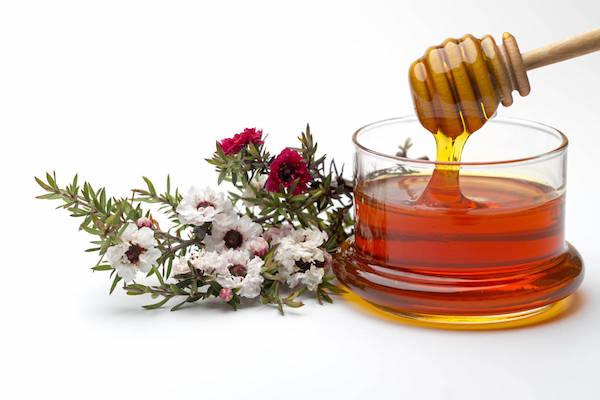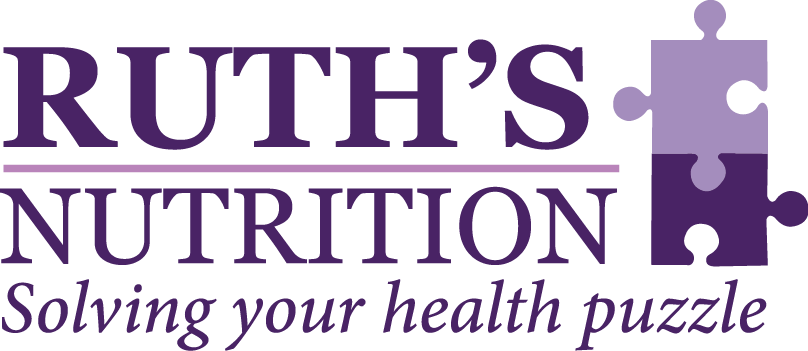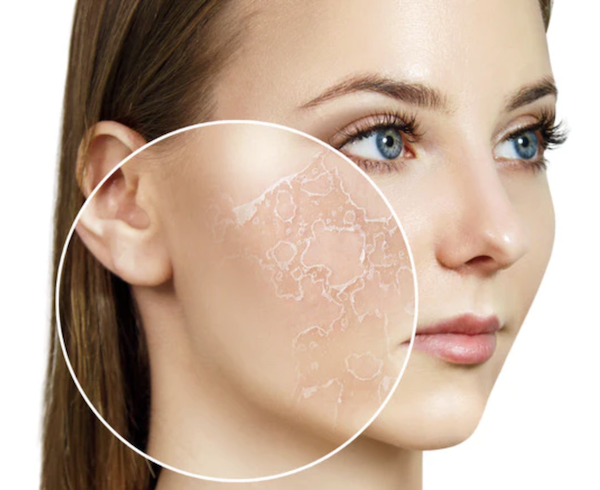New Zealand bees make powerful medicine
 Humans have long used honey for medicinal purposes, especially wound healing, though it fell out of favor in the 1930s and ‘40s when antibiotics became available. But now we have antibiotic-resistant bacteria entering wounds, and ironically it may be honey – specifically manuka honey – that comes to our rescue.
Humans have long used honey for medicinal purposes, especially wound healing, though it fell out of favor in the 1930s and ‘40s when antibiotics became available. But now we have antibiotic-resistant bacteria entering wounds, and ironically it may be honey – specifically manuka honey – that comes to our rescue.
In fact, manuka honey is being studied in the treatment of eczema, acne, burns, ulcers, allergies, urinary tract infections, and MRSA (methicillin-resistant Staphylococcus aureus).
Manuka honey is native to New Zealand where honey bees pollinate and produce honey from the manuka bush (Leptospermum scoparium). While all honey has anti-bacterial properties because of its high sugar content, low pH, and generation of hydrogen peroxide, manuka honey contains additional antimicrobial properties derived from the plant (methylgloyoxal and methyl syringate).
So where might manuka honey be of some benefit?
Wound Healing
In 2007 the FDA approved manuka honey as a wound treatment. Multiple studies show it can amplify the regeneration of tissue, and even decrease pain in burn patients. Other studies have shown manuka honey speeds healing of diabetic ulcers and eyelid wounds after surgery. Perhaps most important, studies show manuka honey is effective in killing at least three types of bacteria that can cause lethal infections: MRSA, MSSA (methicillin-susceptible Staphylococcus aureus), and PA (Pseudomonas aeriginosa).
Oral Health
The CDC estimates that some 50% of Americans have some form of periodontal disease. Studies show that manuka honey attacks harmful oral bacteria associated with plaque formation, gum inflammation and tooth decay.
Sore Throats
Manuka honey’s antiviral and antimicrobial properties can reduce inflammation and attack bacteria that cause pain. Like all honeys, it also coats the inner lining of the throat for a soothing effect. These properties can be especially helpful for those undergoing chemotherapy.
Irritable Bowel
Studies show regularly ingesting manuka honey can decrease symptoms of irritable bowel syndrome. Animal studies show manuka honey reduces inflammation in IBS and ulcerative colitis, and even attacks the severe diarrhea causing pathogen Clostridium difficile (commonly called C. diff.)
Grading system
There are two different notations for grading manuka honey, both indicating the level of its bioactive compounds methyglyoxal and leptosperin. Companies display grades as either UMF5+ to UMF20+, or MGO 83 to MGO 839. Grades of UMF 10+ and MGO 263 or higher are considered medicinal. Basically, the higher the number the more potent the product.
Safety
Manuka honey should not be used by people allergic to honey or bees. Honey should not be taken orally by children younger than one. Diabetics should be aware ingesting honey can affect blood sugar.
REFERENCES




